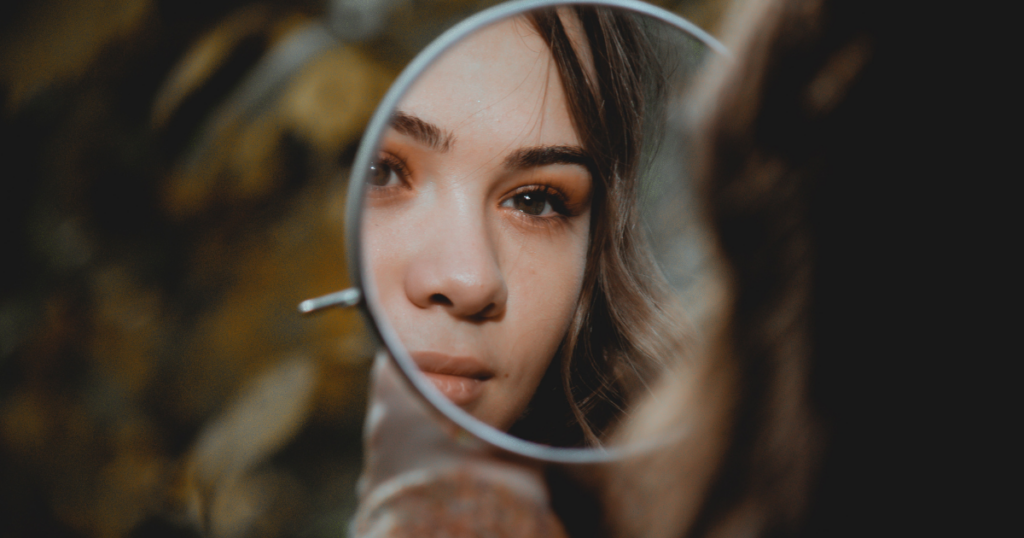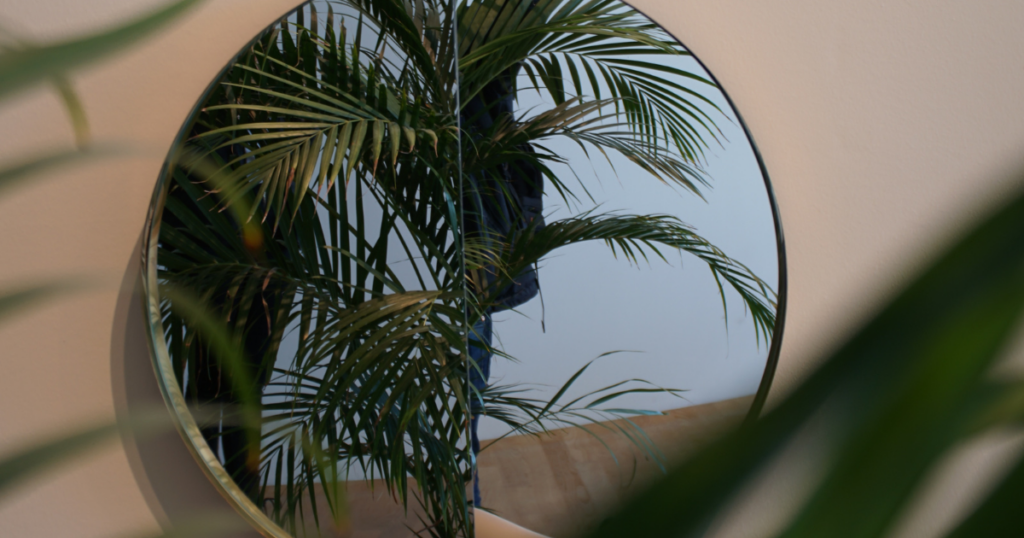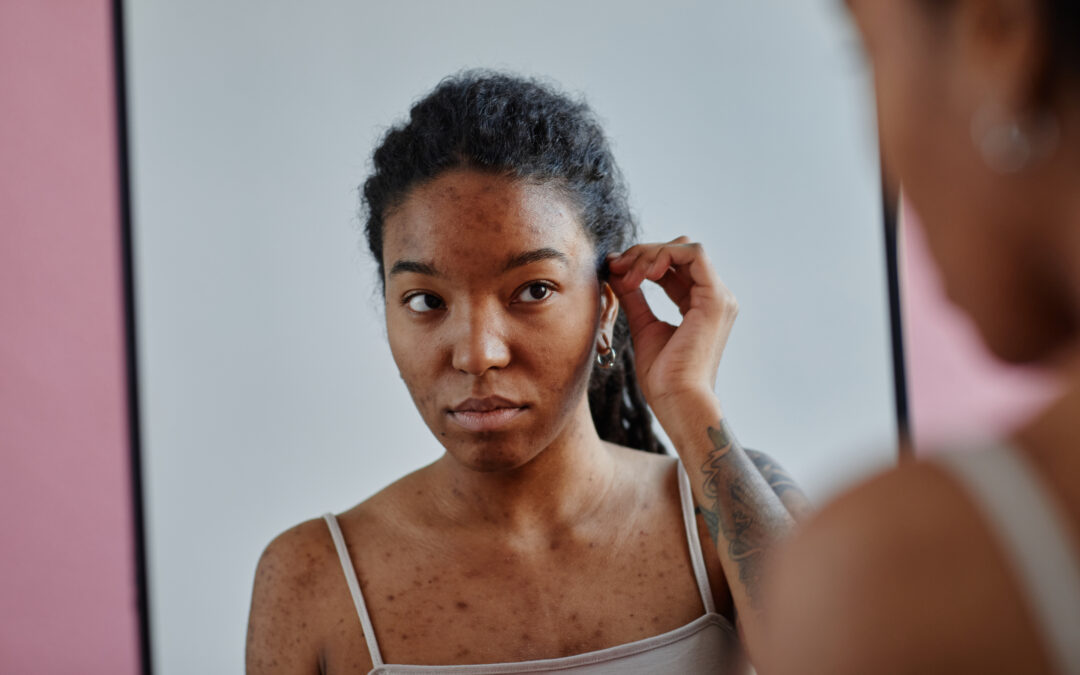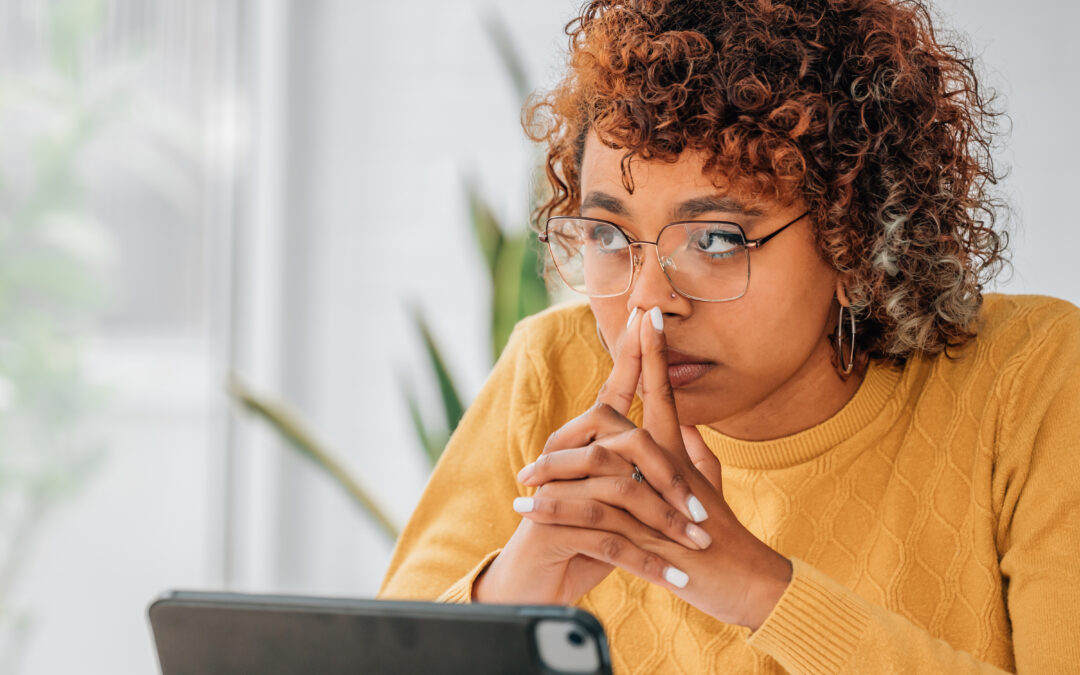As anti-diet dietitians, we believe that promoting a healthy body image is essential for overall well-being. Body image refers to the mental picture we have of our physical appearance, including how we perceive, feel, and think about our bodies.
Positive, negative, and neutral body image are three different ways in which we view our bodies and it can be hard to differentiate between them, especially if these terms are new to you! That’s why in today’s blog post we will be breaking down each one so that you can get a clear picture of where your body image currently stands and where you want it to be. Let’s get into it:

Table of Contents
Positive Body Image
Let’s start with a positive body image. This promotes the idea of loving and feeling good about your body, regardless of what your body looks like. It emphasizes the belief that everyone is beautiful. You feel comfortable and confident in your skin and don’t feel pressured to conform to society’s unrealistic beauty standards. A positive body image is associated with:1
- Higher self-esteem. This plays a crucial role in how a person perceives themselves, and it can affect various aspects of their life, leading to improved happiness and overall well-being.
- Higher self-acceptance. When a person accepts themselves, they are more likely to feel content and at ease with their appearance, reducing the impact of unrealistic media images and societal pressure to conform to specific beauty standards.
- Having a healthy outlook and behaviors. When a person is attuned to and responsive to the needs of their body, it becomes easier to adopt a healthy outlook and habits. In other words, when we have a positive body image, we are more likely to engage in healthy behaviors such as regular exercise, eating a balanced diet, and getting enough sleep.
With that being said, we recognize that it isn’t realistic to expect people to love everything about their bodies all the time. That’s why many turn toward body neutrality instead.

Negative Body Image
On the other hand, a negative body image occurs when you have a distorted perception of your body. You might find yourself obsessing over perceived flaws or comparing yourself to unrealistic beauty standards portrayed in the media. This negative perception can lead to feelings of shame, anxiety, and low self-esteem. Negative body image is not only detrimental to our mental health, but it can also lead to disordered eating behaviors and unhealthy weight control methods. In extreme cases, negative body image can lead to serious conditions such as body dysmorphic disorder or an eating disorder.
Neutral Body Image
Body neutrality is a philosophy that differs from body positivity, which encourages people to feel confident and beautiful at any size. Instead, body neutrality advocates for eliminating physical appearance as a part of a person’s self-worth. This means focusing more on how you feel in your body and what it can do, rather than how it looks at any given time. Additionally, it means that your body image doesn’t significantly impact your mood or behavior. Unlike body positivity, which promotes the love and acceptance of one’s body, body neutrality suggests that bodies are neither good nor bad. It is the belief that we can care for our bodies even if we don’t always view them positively.
Our Body Image Can Fluctuate!
It’s important to note that body image is not a fixed concept, and can fluctuate throughout our lives. It’s normal to feel differently about our bodies depending on different factors such as mood, stress levels, and external influences. For example, we might feel great about our body after exercising or when we’re doing a particular activity that makes us feel confident. On the other hand, we might experience negative body image during times of stress or illness, or when we’re faced with pressure to meet certain beauty standards. Understanding that body image can naturally fluctuate can help us be kinder to ourselves and work towards developing a more positive and accepting body image over time.

Remember: We have the ability to change how we see, feel, and think about our bodies. If you need more support on healing your relationship with your body, you can apply to work with us here!






0 Comments